PPC vs. SEO: Which Strategy Is Right for You? When it comes to online marketing, two major strategies are often discussed: PPC (Pay-Per-Click) and SEO (Search Engine Optimization). Both are effective for increasing visibility and reaching potential customers, but they work in different ways. PPC brings quick visibility by allowing you to pay for top
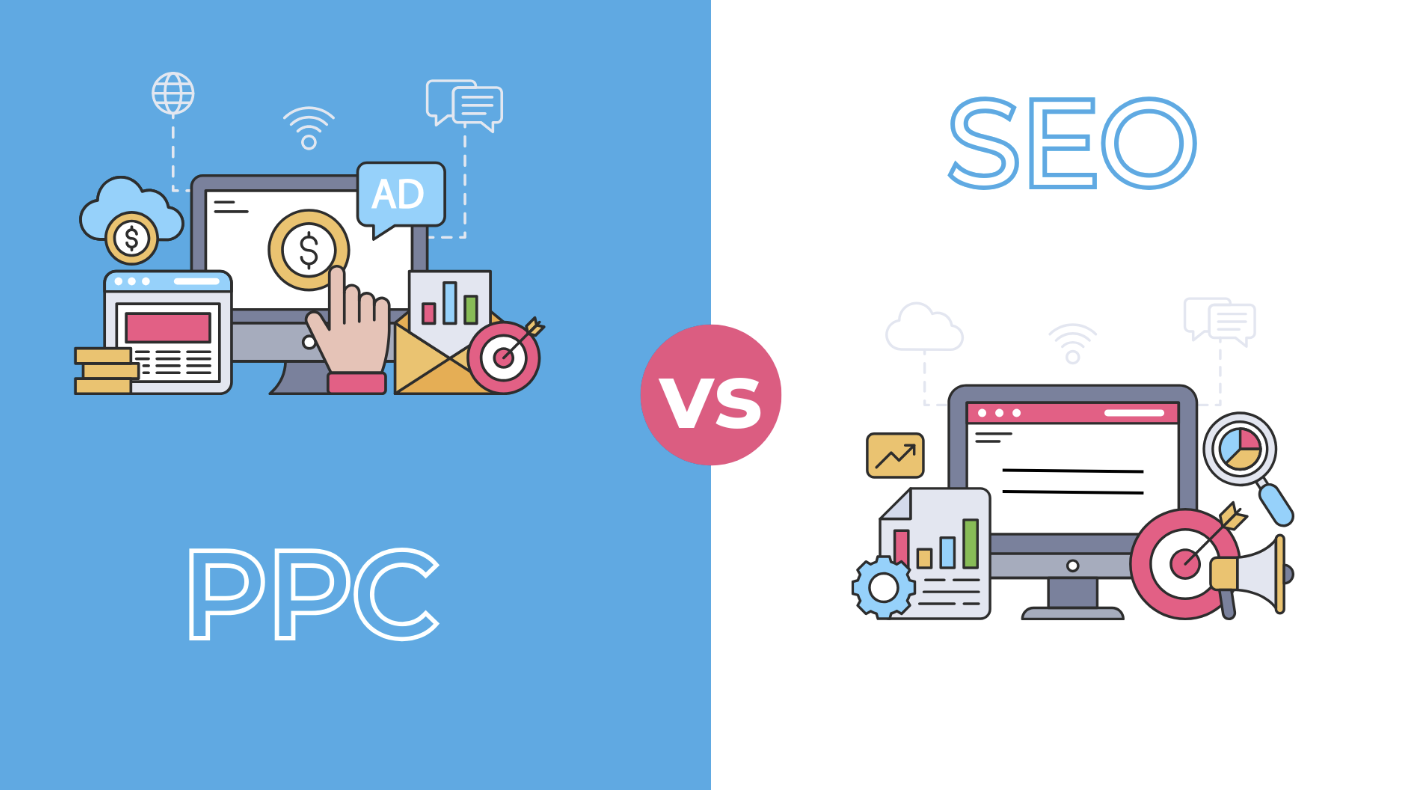
PPC vs. SEO: Which Strategy Is Right for You?
When it comes to online marketing, two major strategies are often discussed: PPC (Pay-Per-Click) and SEO (Search Engine Optimization). Both are effective for increasing visibility and reaching potential customers, but they work in different ways. PPC brings quick visibility by allowing you to pay for top spots in search results, while SEO focuses on organic methods for long-term, cost-effective growth. In this guide, we’ll break down the advantages, challenges, and best uses for both strategies, helping you figure out which one—or combination—is best for your business.
Before we dive deeper into the details, it’s important to note that you don’t have to choose just one. Many businesses benefit from using both PPC for quick results and SEO for sustained authority. Understanding each approach individually will help you determine how to integrate them into your digital strategy.
Understanding PPC: Quick Results, but at a Cost
How PPC Works
PPC advertising involves running ads where you pay a fee each time someone clicks on your ad. This typically happens on platforms like Google Ads or Bing Ads. If you’re willing to bid more for a keyword, you can secure a top spot on the search engine results page (SERP). The main advantage of PPC is that it provides instant visibility—launch your campaign, and you could be seeing traffic and leads within hours.
With PPC, you control the budget, choose the keywords you want to target, and set the schedule for your ads. Monitoring key metrics like cost-per-click and conversion rates is essential to improving your campaign’s performance.
Benefits of PPC
- Immediate Exposure: Ideal for new products, website launches, or promotions where quick visibility is crucial.
- Targeting Control: Ads can be targeted to specific geographies, demographics, or search terms, ensuring you’re reaching the right audience.
- Measurable Results: With detailed performance tracking, it’s easy to adjust campaigns for better results.
Challenges of PPC
- Ongoing Costs: Once your budget runs out, your ads stop showing up.
- Expensive Keywords: Popular keywords can be costly, making it harder for businesses with tight budgets to compete.
SEO: Building Organic Traffic for the Long Term
How SEO Works
SEO focuses on improving your website’s visibility in organic (non-paid) search results. This involves optimizing on-page factors like keywords and site structure, as well as off-page elements like acquiring backlinks from reputable sites. SEO doesn’t yield instant results—it can take weeks or even months for search engines to index your changes and start boosting your site’s rankings.
The key to successful SEO is relevance. Creating high-quality, keyword-rich content that answers user questions is essential, as is maintaining a technically healthy website with fast load times and mobile responsiveness.
Benefits of SEO
- Long-Term Results: Once you achieve a strong ranking, you can continue receiving traffic without paying for each visitor.
- Increased Credibility: Many users trust organic search results more than paid ads, seeing them as more reliable and authoritative.
- Cost-Effective: While SEO requires upfront investments in content and optimization, ongoing costs tend to be lower than continually paying for PPC.
Challenges of SEO
- Time-Consuming: Reaching top rankings, especially for competitive keywords, can take a lot of time and effort.
- Ongoing Maintenance: To stay ahead, your site must continually be updated with fresh content and kept technically optimized.
PPC vs. SEO: Timing and Speed
The differences between PPC and SEO become clear when it comes to timing. If you need immediate results—like for a seasonal promotion or limited-time offer—PPC is your best bet. With PPC, you can start seeing traffic almost immediately after launching your campaign. On the other hand, SEO is a long-term strategy that builds over time. If you’re launching a new site or need immediate customers, PPC will deliver fast results.
- PPC works best if you can’t afford to wait for results.
- SEO is ideal for building long-term, sustainable traffic when immediate results aren’t as important.
Cost Differences Between PPC and SEO
Cost is a significant factor when comparing PPC and SEO. PPC operates on a pay-per-click model, meaning you’re charged each time someone clicks your ad. In competitive industries, this can quickly become expensive, especially for highly sought-after keywords. On the other hand, SEO requires an upfront investment in things like content creation and link building. Over time, the cost-per-acquisition decreases as you earn organic traffic and maintain good rankings.
- PPC offers immediate returns but comes with ongoing costs.
- SEO requires an upfront investment but can reduce costs in the long run, as organic traffic doesn’t cost per click.
Targeting and Customization
One of the key strengths of PPC is its advanced targeting capabilities. You can tailor your ads by age, location, interests, and more. This allows you to reach a specific audience, which can help maximize conversions if you understand your target market well. SEO, on the other hand, works by capturing search intent. If you optimize your content around what users are searching for, your pages can show up in organic results, attracting people who are actively looking for your product or service.
- PPC is great for niche targeting, especially for businesses with specific needs or local focus.
- SEO targets people based on their search intent, bringing in visitors who are already interested in what you offer.
Pros and Cons of PPC
Pros
- Immediate Visibility: Your ads can show up at the top of search results right away.
- Perfect for Time-Sensitive Campaigns: If you need quick leads, such as during holiday sales, PPC is ideal.
- Precise Targeting: Platforms like Google Ads let you refine who sees your ads, increasing the chances of conversion.
- Easy to Track: With clear metrics, you can measure ad performance and tweak campaigns as needed.
Cons
- Ongoing Costs: Once you stop paying, your visibility vanishes.
- Competitive Bidding: If many businesses are bidding on the same keywords, it can become expensive.
- Limited Trust: Some users skip ads in favor of organic listings, seeing them as more genuine.
- Constant Monitoring: Campaigns need to be regularly adjusted to ensure efficiency.
Pros and Cons of SEO
Pros
- Long-Term Traffic: Once your site ranks well, you can continue getting clicks without paying for each one.
- Greater Credibility: Many users trust organic search results more than ads, associating them with reliability.
- Cost-Effective Over Time: After the initial investment, SEO can provide a consistent return on investment with lower ongoing costs.
Cons
- Takes Time: It can take weeks or months to see significant results.
- Unpredictable: Search engine algorithms change frequently, which can cause fluctuations in your rankings.
- Ongoing Maintenance: SEO requires regular updates to maintain rankings and adapt to changes in search algorithms.
Combining PPC and SEO
Many businesses find that using both PPC and SEO is the best approach. While building your SEO foundation with content and optimization, you can use PPC to generate immediate visibility and leads. Plus, if you notice certain PPC keywords driving strong conversions, it can be a sign to create SEO-optimized content targeting those topics. Combining both strategies ensures that you cover all your bases—driving short-term results through PPC while building long-term brand authority with SEO.
Which Strategy Works Best for You?
Choosing between PPC and SEO depends on your goals, budget, and the nature of your business. If you need quick results and have the budget to support ongoing advertising, PPC is the way to go. If you want sustainable, long-term growth without paying for each visitor, SEO is essential. Many successful marketing strategies use a blend of both, combining the immediacy of PPC with the lasting power of SEO.
- PPC is ideal for immediate sales and short timelines.
- SEO is the best choice for long-term growth and organic traffic.
Final Thoughts
There’s no one-size-fits-all answer when it comes to PPC vs. SEO. The best strategy depends on your business objectives, resources, and competition. Whether you use one or both, it’s crucial to adapt your approach based on what works for your brand. With careful planning, effective execution, and regular adjustments, either PPC or SEO—or a combination of both—can help you grow your online presence and reach your goals.
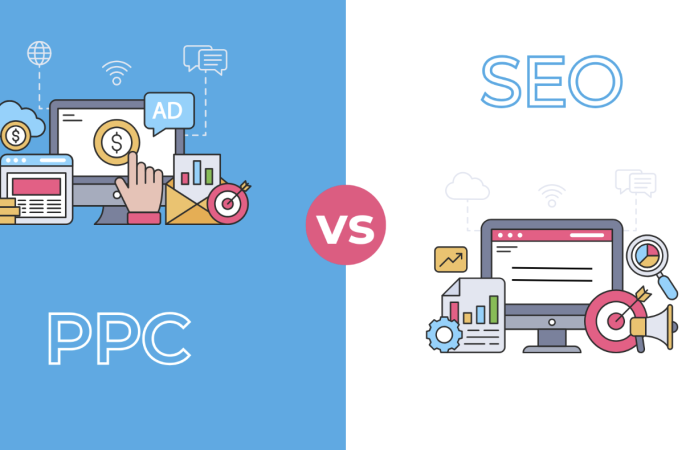


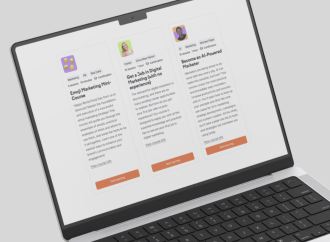

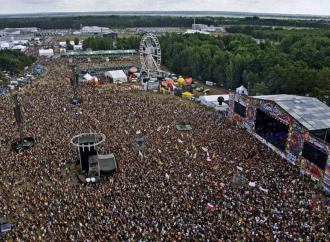





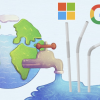





Leave a Comment
Your email address will not be published. Required fields are marked with *